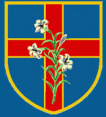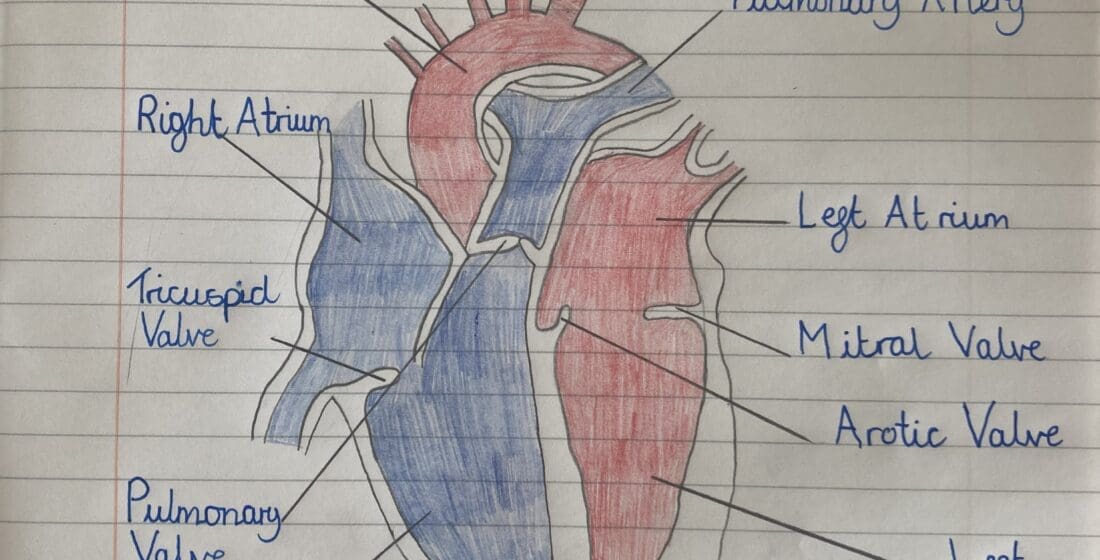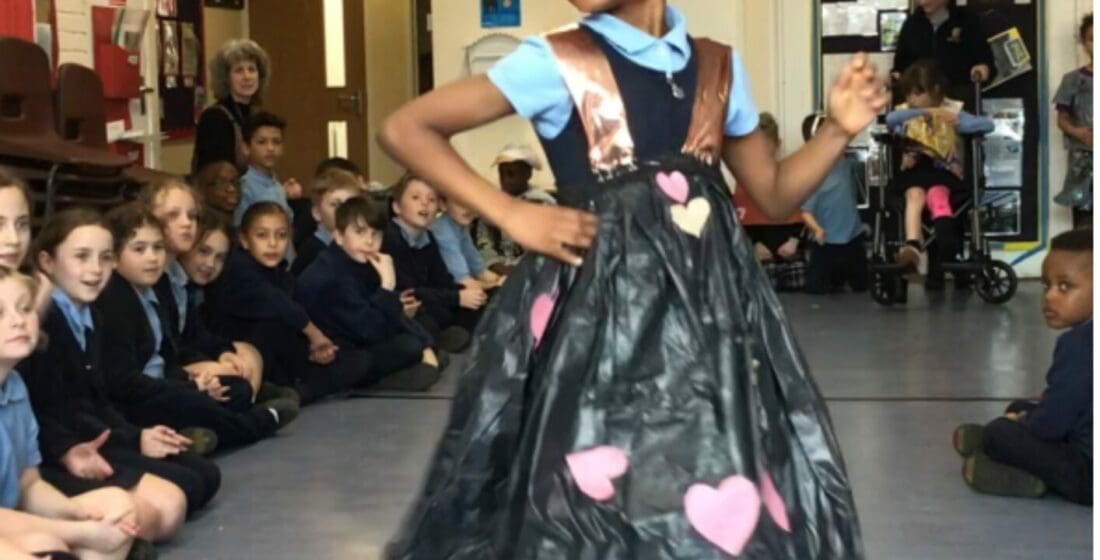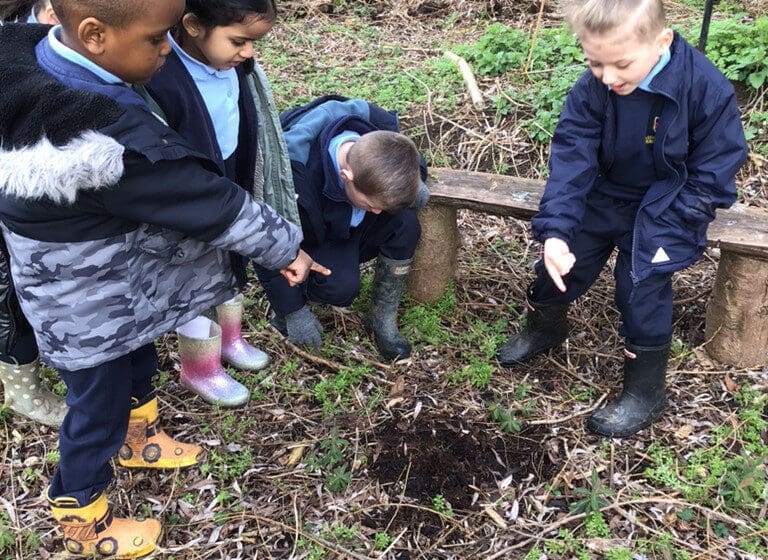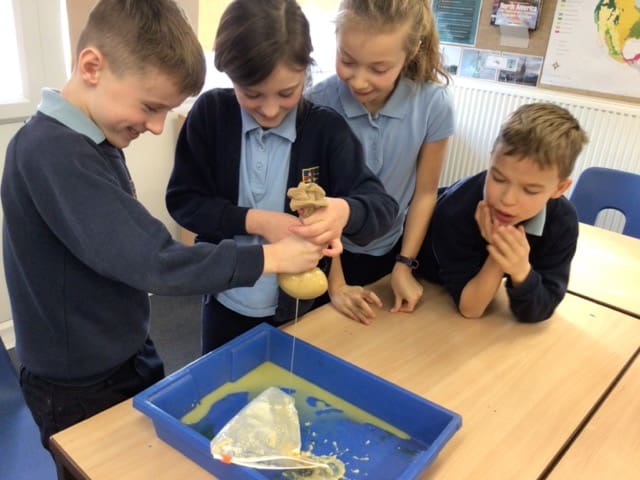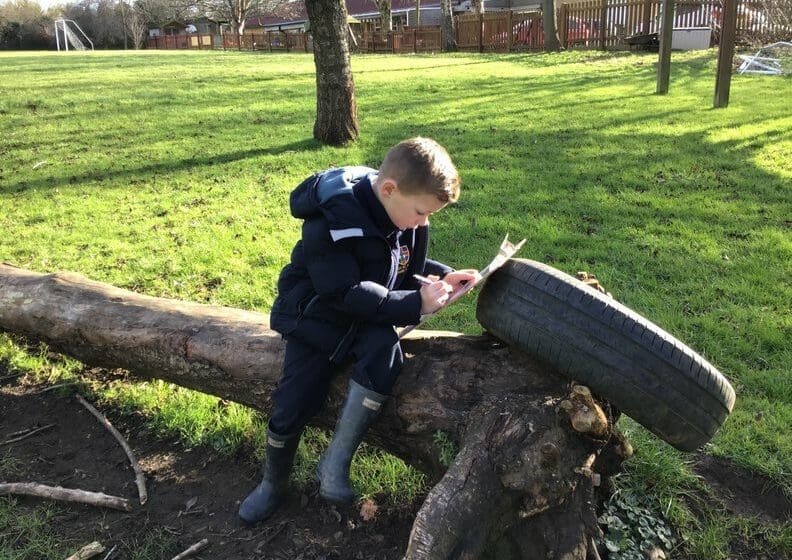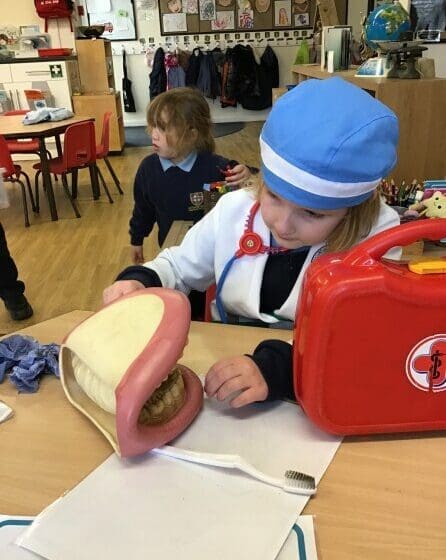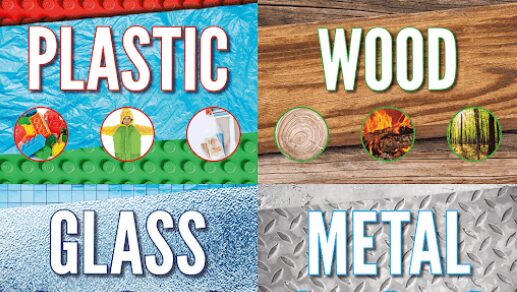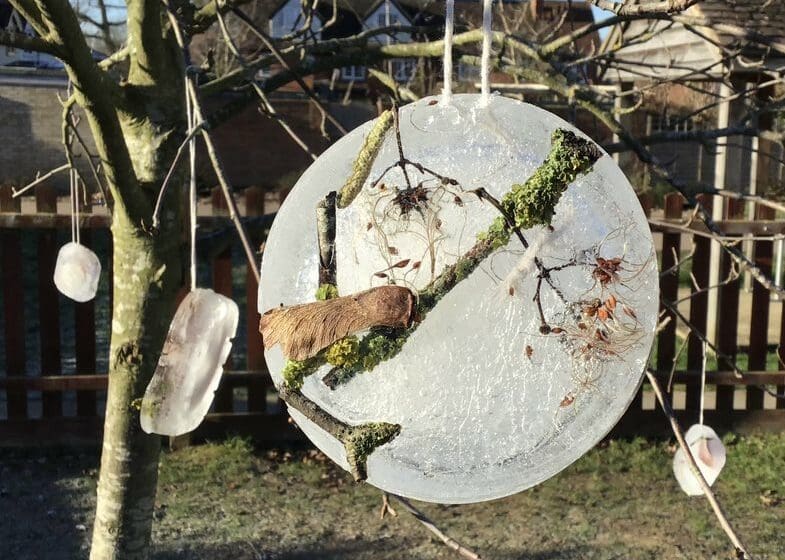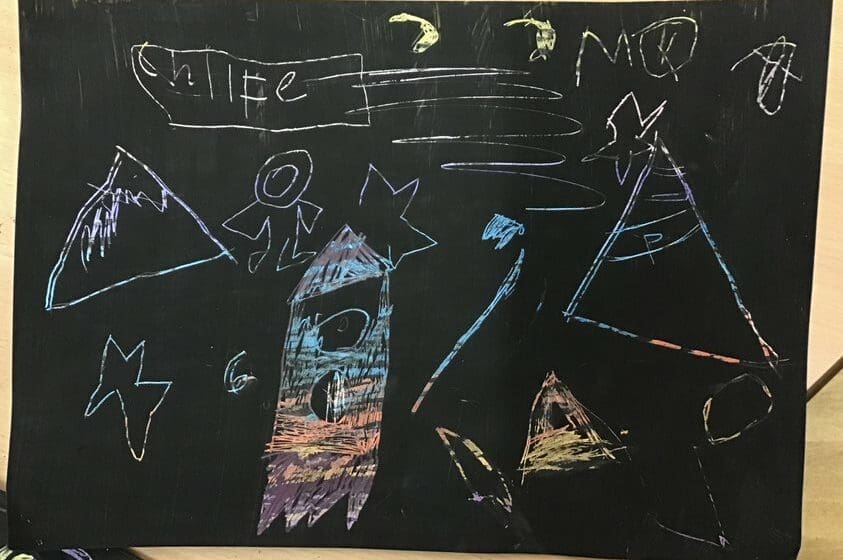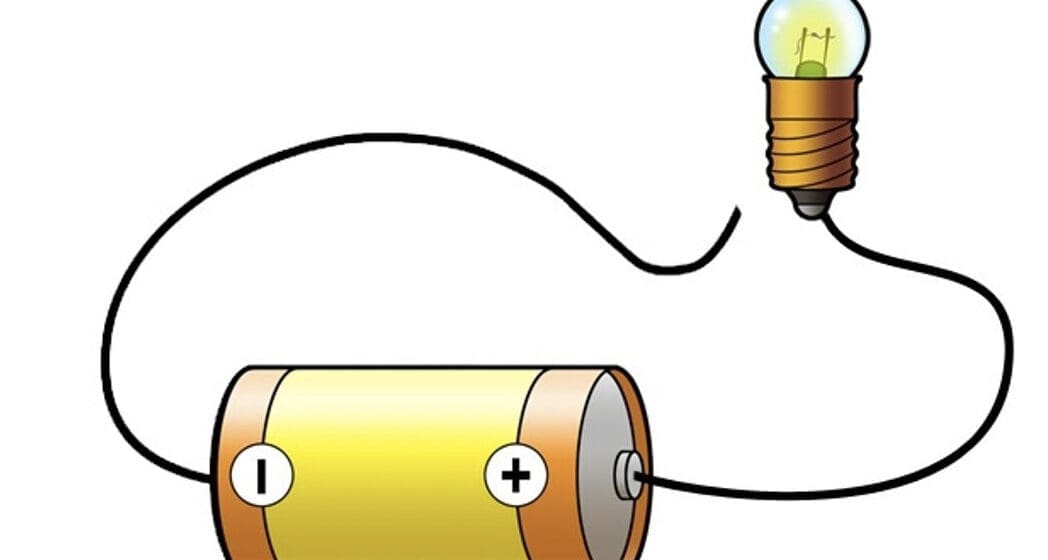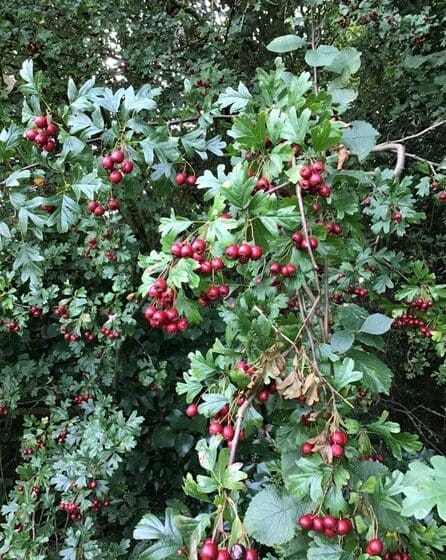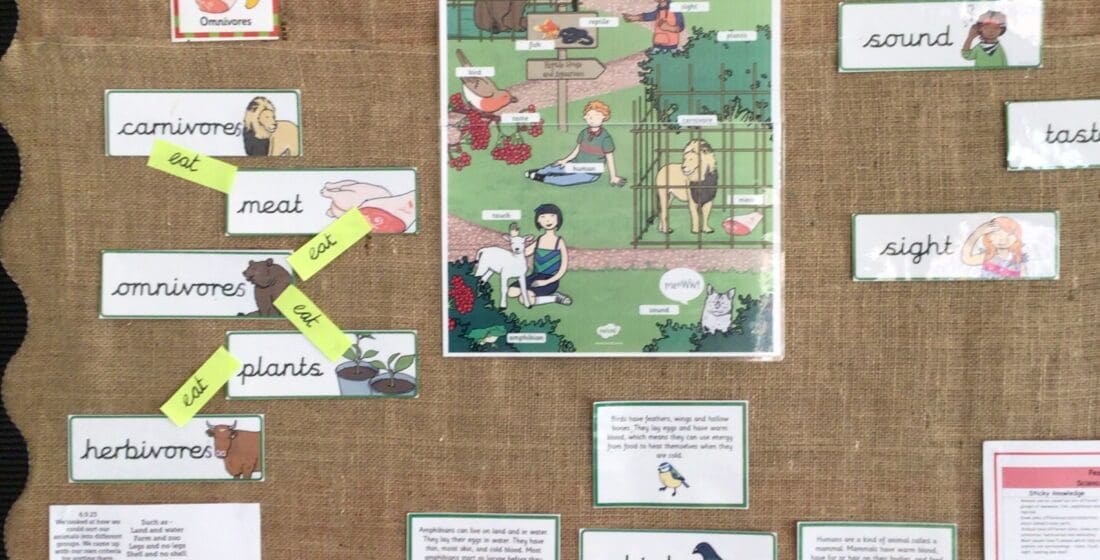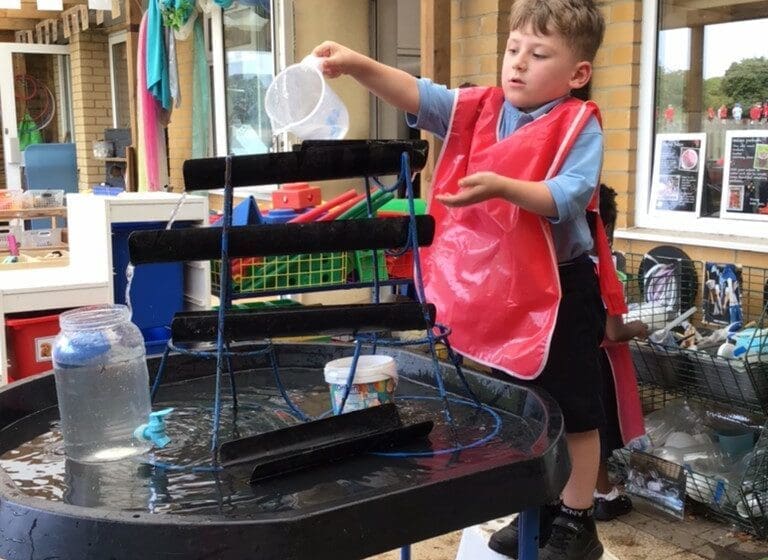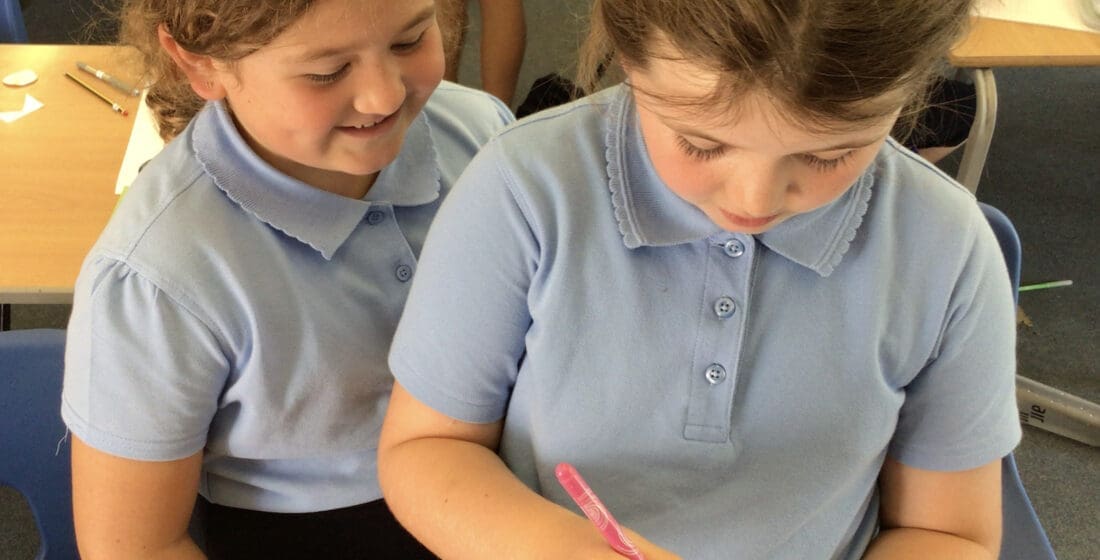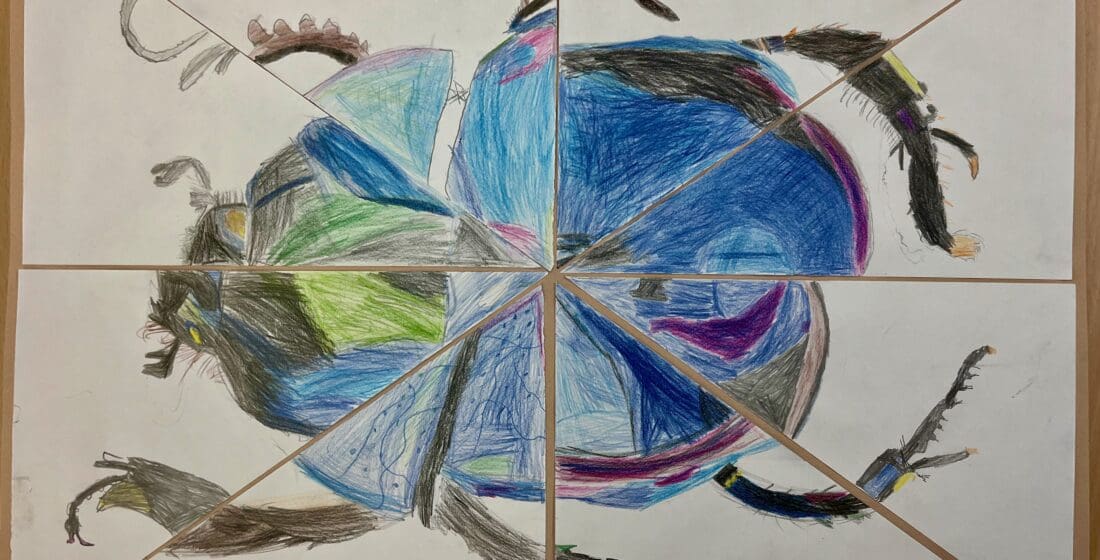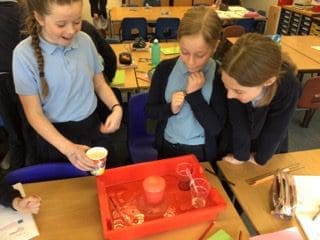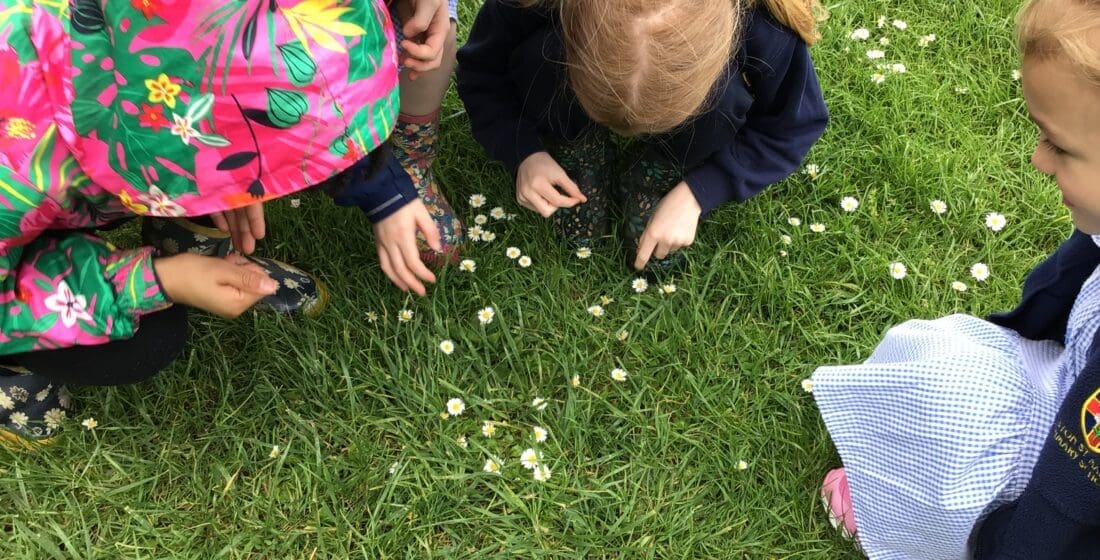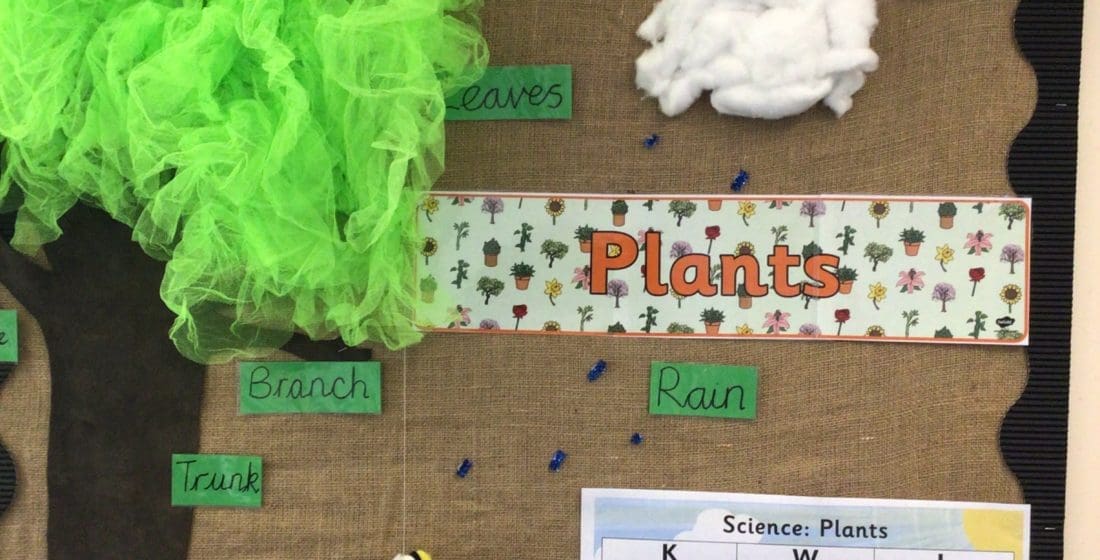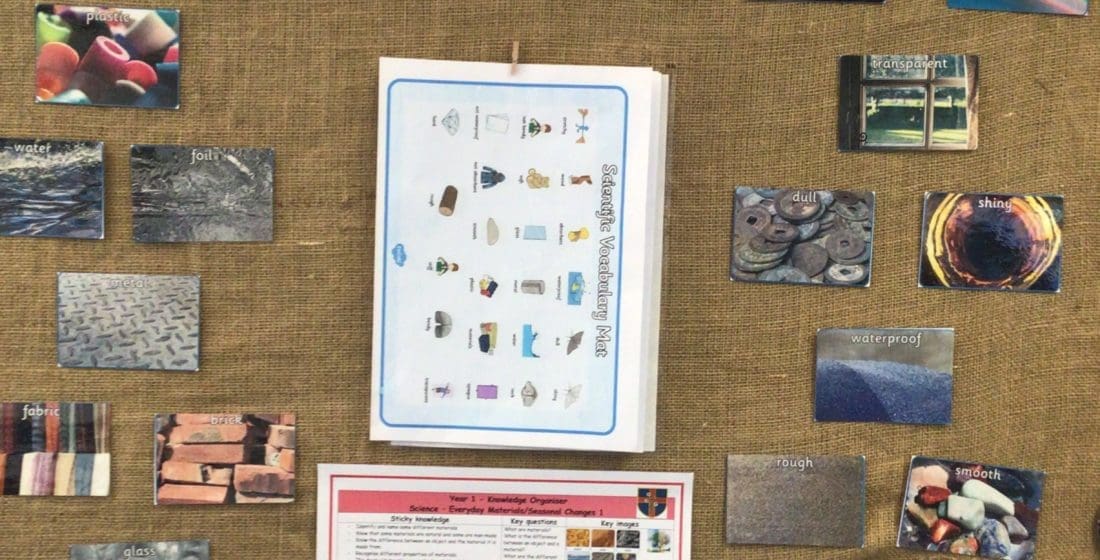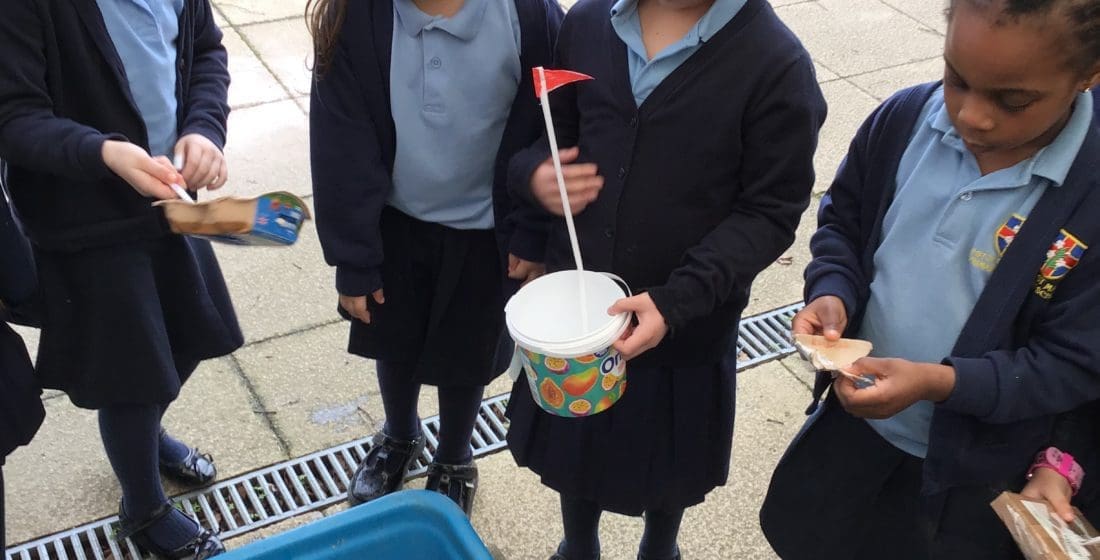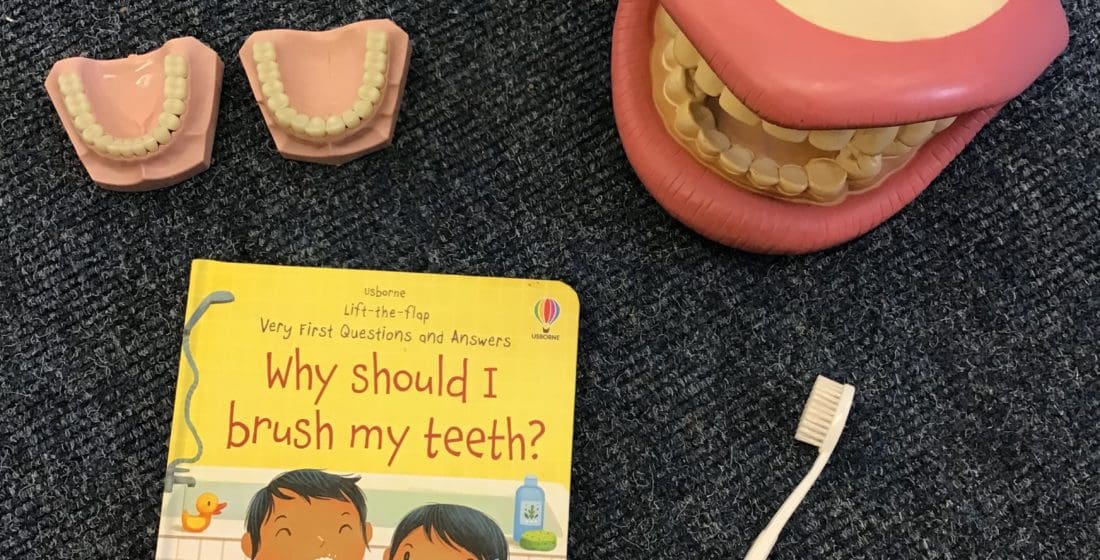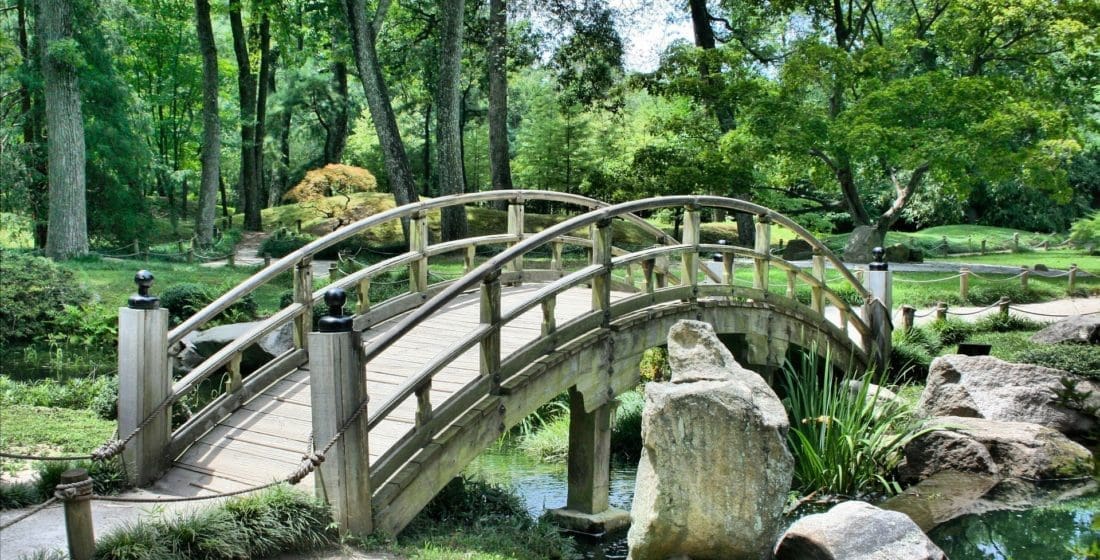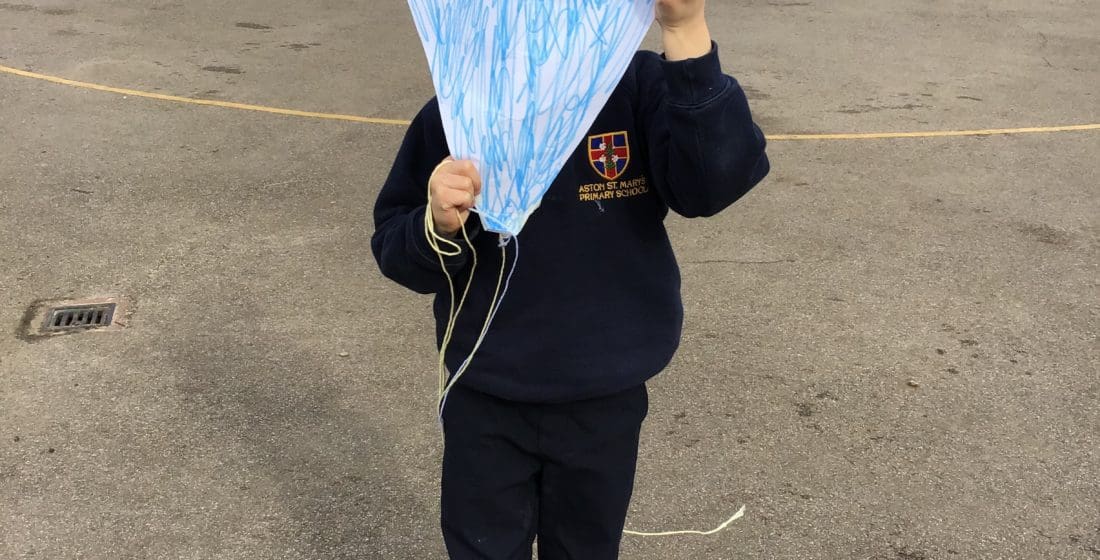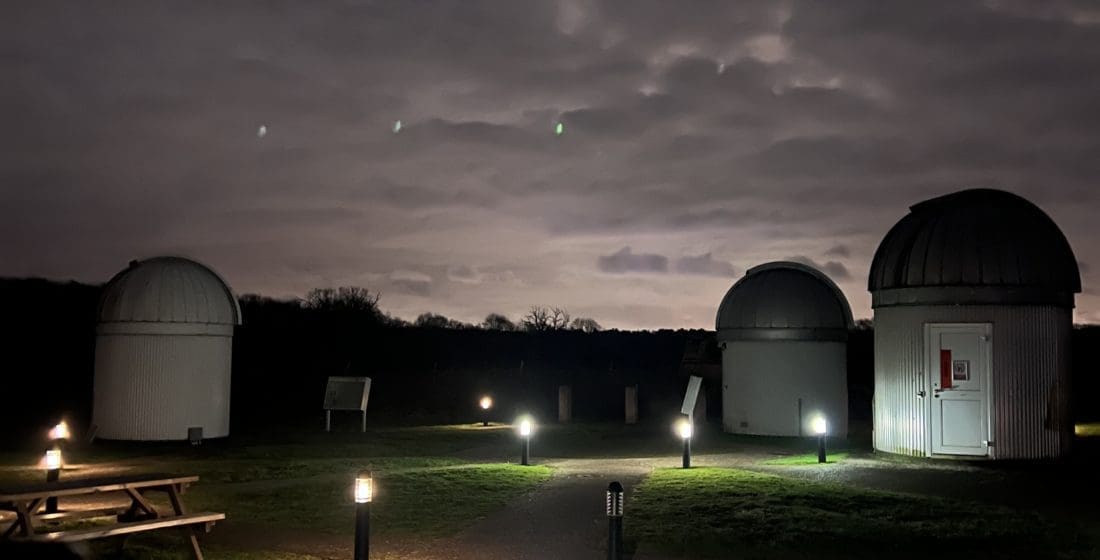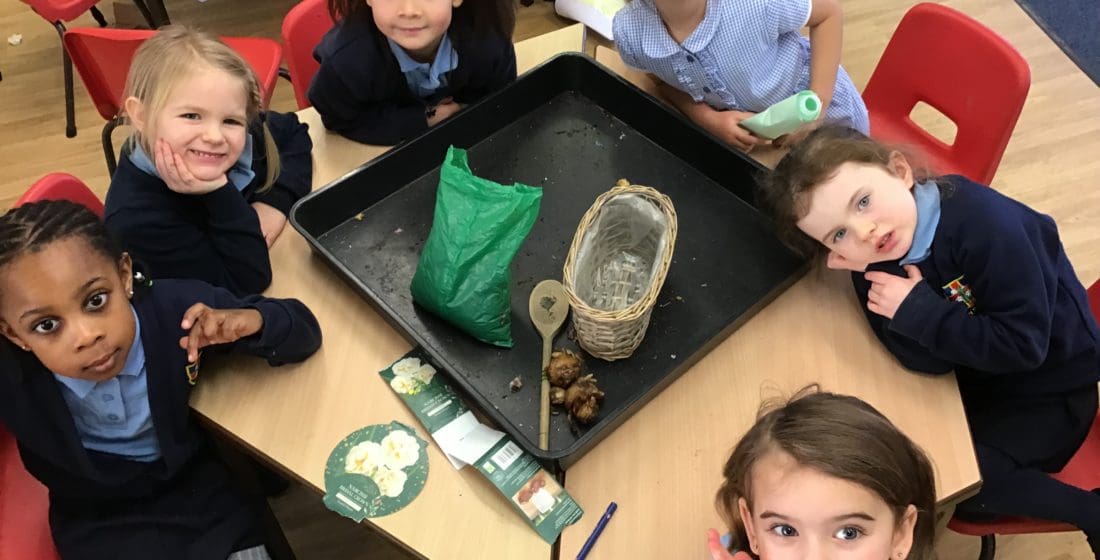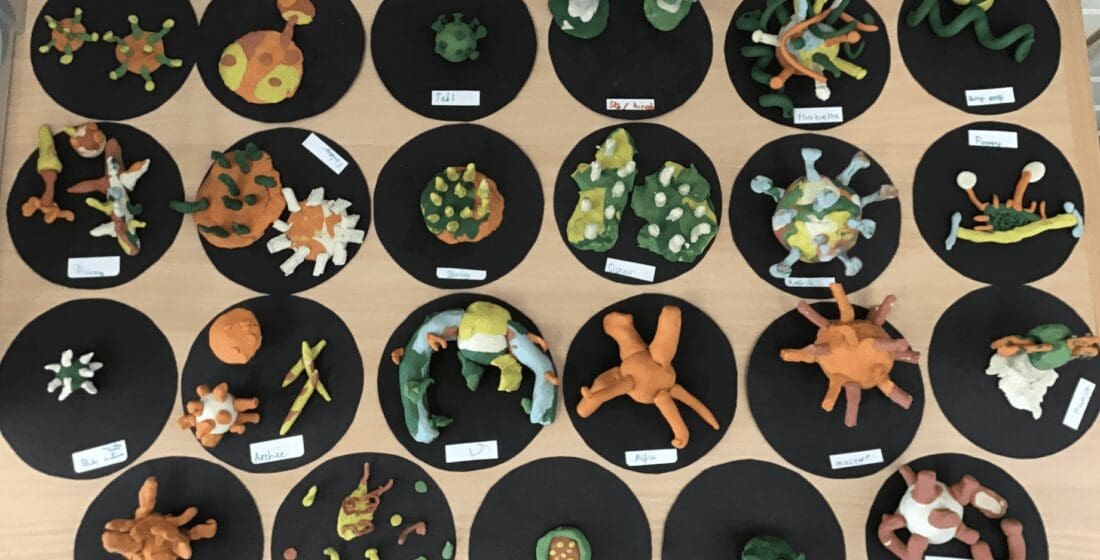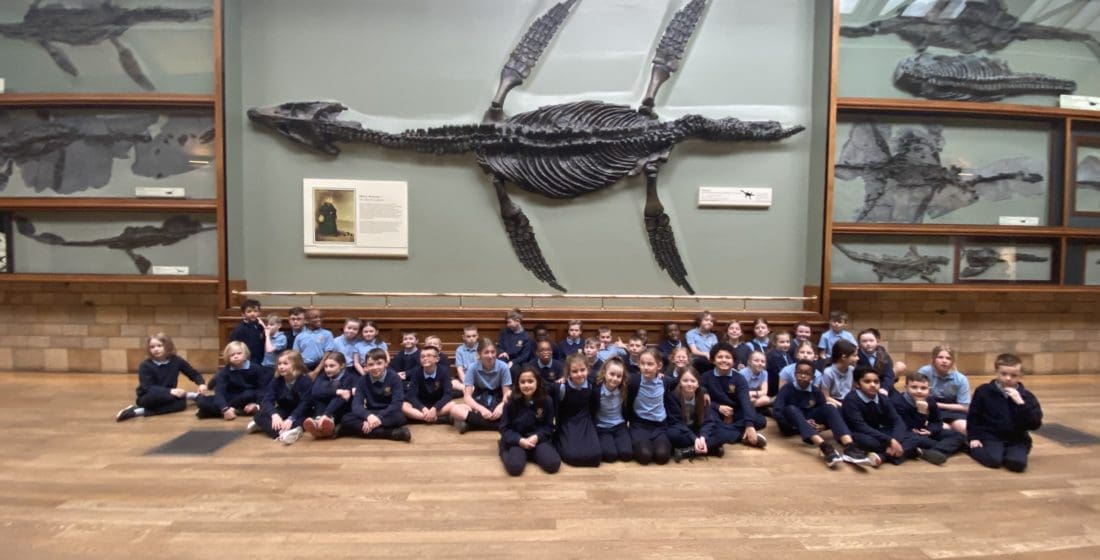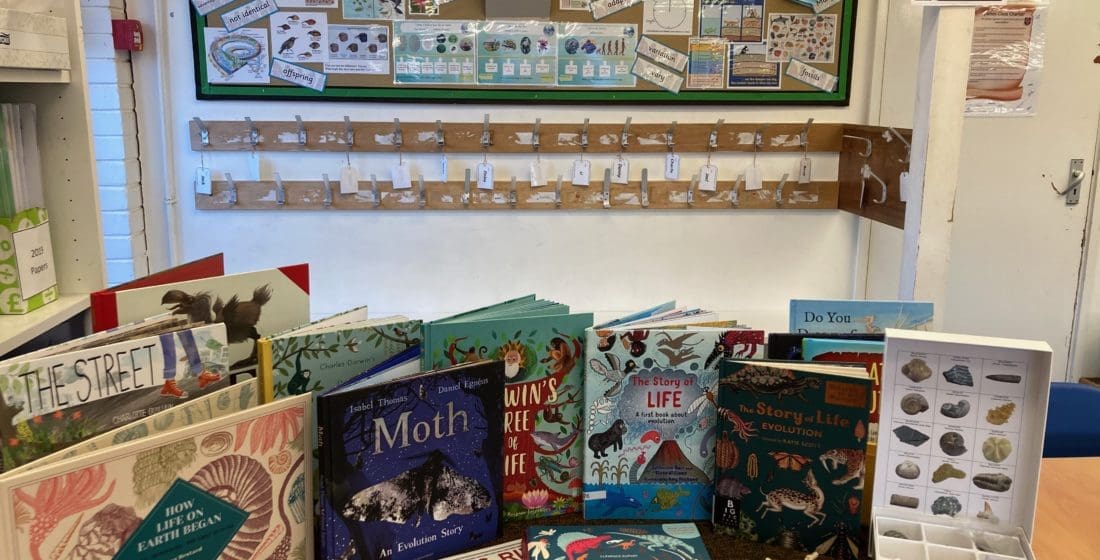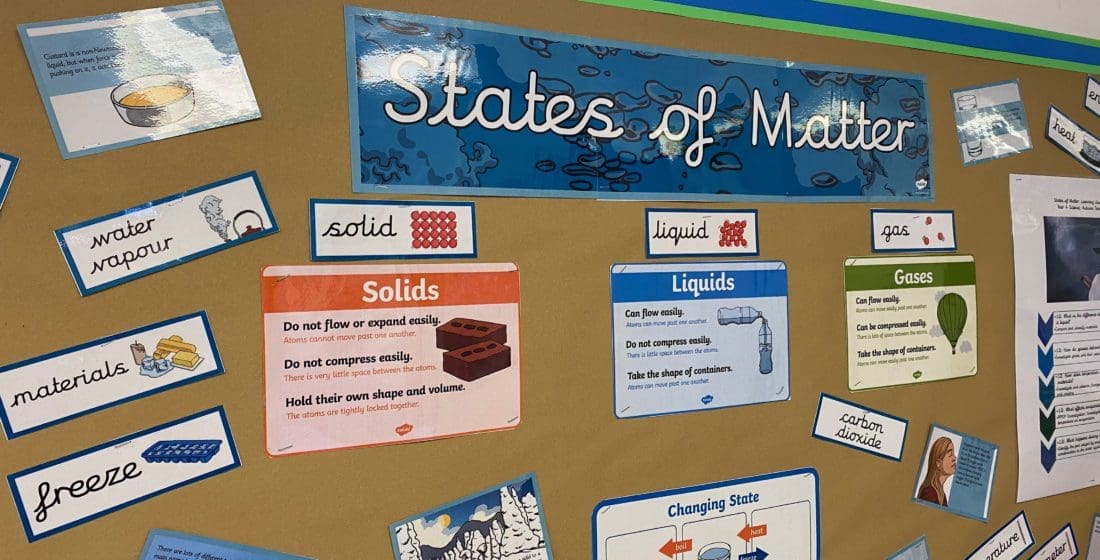Today in science, we began our learning about the circulatory system. We learnt about the heart and what it does. Many of us chose to draw our own diagrams – […] […]
YEAR 2 SCIENCE Our unit on Materials began with us investigating properties and exploring the suitability of different materials, to discovering inventors of new materials and understanding the process of […] […]
When we went into the Forest School area last week we noticed that something had been digging up the ground. We decided to investigate and try and find out what […] […]
Year 4 have been learning about the digestive system in Science. We started off by learning about the different types of teeth and used plasticene to model our own teeth. […] […]
Between the 8th January and 19th February Shackadell will be taking part in the RSPB’s Big School’s Bird Watch. We have been looking at different types of birds and how […] […]
In PSHE we have been learning about how to take care of our teeth and the importance of a healthy diet and brushing them twice a day for 2 minutes. […] […]
We had to investigate which material would be best suited for making an umbrella. We tested four different materials: plastic, paper, felt and foil. We predicted that foil and plastic […] […]
We have had an amazing time this week exploring the ice created by this very cold weather! We spent time hunting around our garden for ice that had been formed […] […]
We have been learning all about space and how real astronauts travel to space. We have looked at the types of vehicles they use including rockets and space shuttles. We […] […]
In science this week, we explored electrical resistance. Our learning question was ‘Does the length of the wire affect the brightness of the bulb?’ Most of us thought that the […] […]
We were really excited to go on an Autumn walk around the village. We invited our families in to join us as we walked around the village looking for signs […] […]
We are learning about animals including humans. We are looking at the different groups of animals and their diets. We are grouping animals based on similarities and differences. We are […] […]
We love playing in the water and are able to learn so much about scientific concepts such as floating and sinking and how bubbles are formed. During child-initiated learning (CIL) […] […]
In Science, we are learning about electrical circuits. We have enjoyed our beginning this learning sequence by building circuits using different components (batteries, bulbs, motors and buzzers) and representing these […] […]
This term, Year Four are learning all about Living Things and Their Habitats. As part of this unit, we have learned that scientists classify animals and plants into different groups, […] […]
We have now completed our sequence of science lessons about the properties and changes of materials. We have learnt about reversible and irreversible changes – we were amazed to discover […] […]
Year 2 explored the school grounds and found different habitats as part of our learning about Living Things and their Habitats. We found a woodland, grassland and hedgerow habitats. We […] […]
We are learning about what plants need to grow. We planted our sunflower seeds and wanted to test what they needed. We planted our seeds in soil and put them […] […]
We played a ‘Yes/No’ game where we had to guess which material we had on our back by asking questions about its properties. We tested different materials to see whether […] […]
We read the core text ‘Lost and Found’ by Oliver Jeffers as part of our learning about Antarctica. We really enjoyed learning about penguins this week and this story was […] […]
As part of our science and PSHE learning this week we have been looking at our teeth and how to care for them. It was really interesting to read our […] […]
As part of our fairy tale topic we read the story of ‘The Three Billy Goats Gruff’. We really enjoyed this story and thought a lot about the bridge that […] […]
Today it was really windy and we decided to make the most of it. Some of the children had a brilliant idea to make some kites and windmills to use […] […]
On Thursday 2nd February, we visited Bayfordbury Observatory to support our learning about Earth in Space. First, we enjoyed a presentation all about our universe and beyond. We learnt so […] […]
During CIL each group planted some spring bulbs. We took it in turns to add some compost to the baskets and then added different bulbs in each basket. We have […] […]
In science, Years Five and Six have been learning about micro-organisms. We have learnt that microbes can be bacteria, viruses or fungi and that some are helpful whilst others are […] […]
Puddlebridge and Danes classes had a fantastic day out at the Natural History Museum to support our ‘Extreme Earth’ topic. We started the day by exploring the Volcanoes and Earthquakes […] […]
In science this term, we will be exploring how scientists believe life on earth has evolved over millions of years. We will learn about the importance of the fossil record […] […]
In Science, Year 4 have just started a new topic learning all about States of Matter. Within this topic, we will discover the differences between solids, liquids and gases, think […] […]
